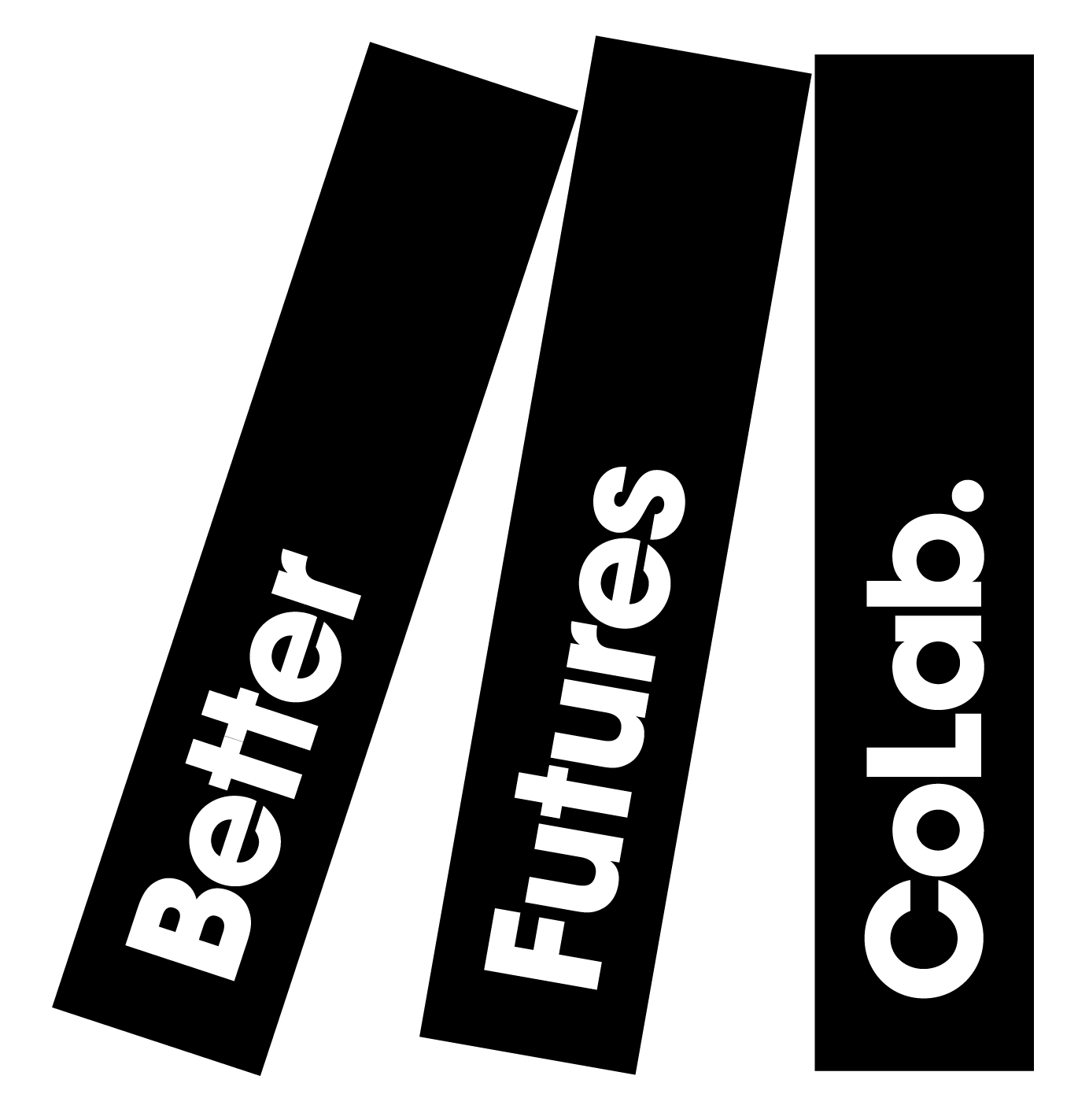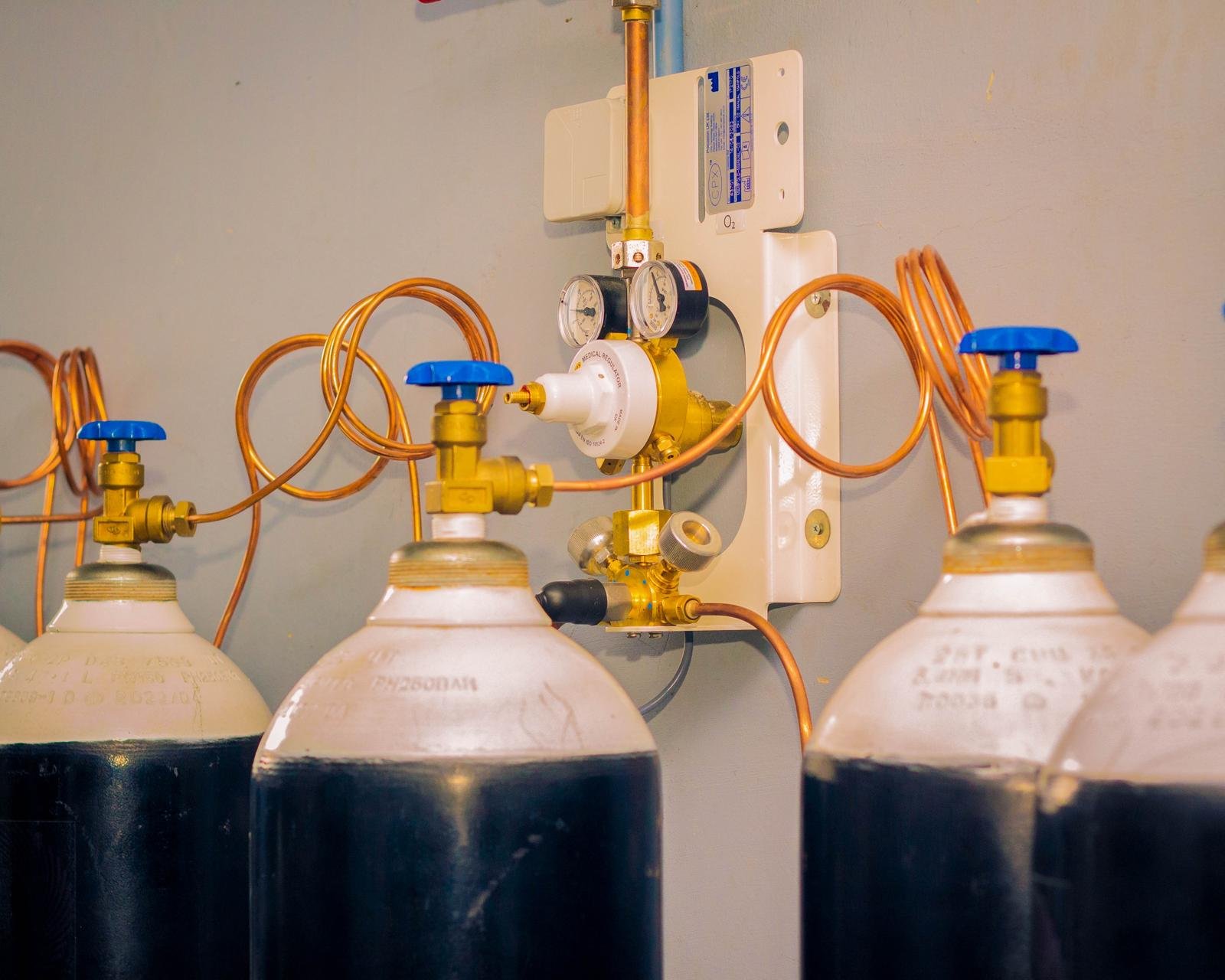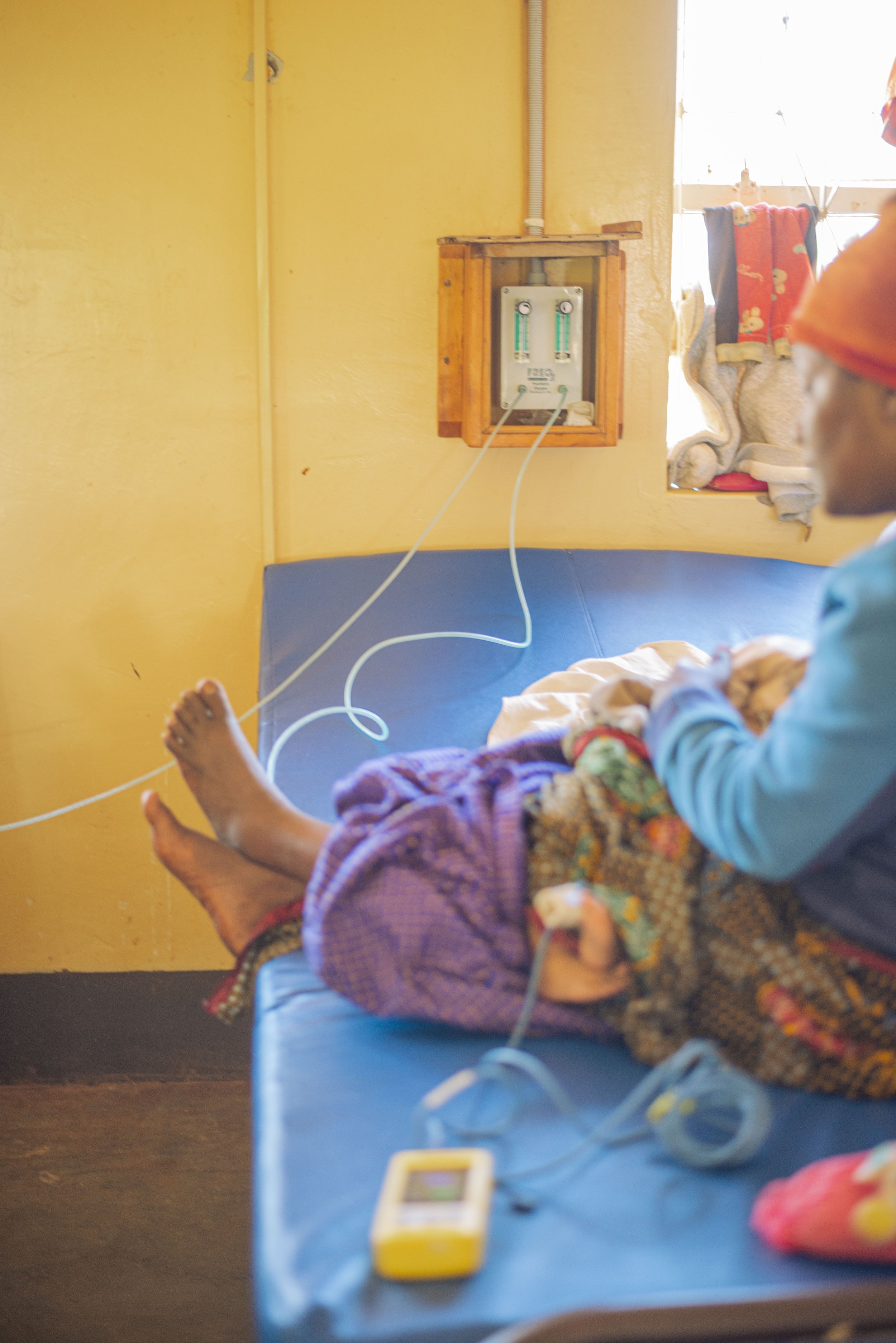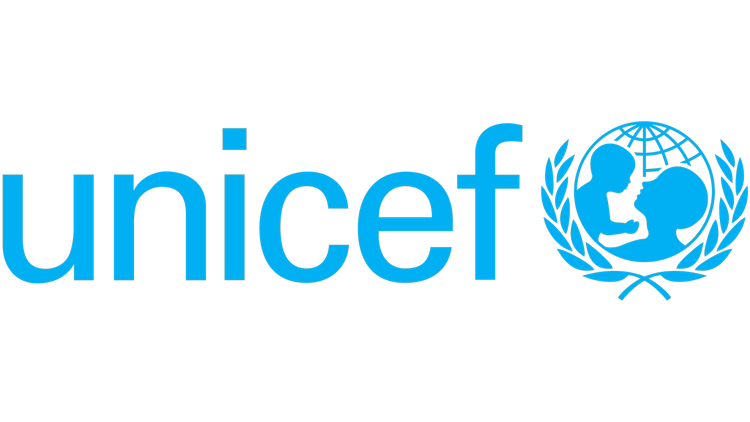We’re the Oxygen CoLab
More than 1 million deaths occur every year due to hypoxemia in low- and middle-income countries, many of which could be prevented with appropriate access to medical oxygen.
During COVID, there was significant investment in increasing access to oxygen within higher-level facilities that could deliver critical care - but this progress left behind lower-level facilities that vulnerable patients rely on as the point of first referral for care.
Oxygen concentrators are proven to save lives in low-resource settings when implemented properly, yet there are challenges to them having impact at scale.
Current concentrator models, designed for the Global North, are poorly adapted to resource-limited contexts that may have unreliable power supplies, harsh environments with dusty, humid conditions, and shortages of specialised maintenance staff. All of this makes scaling oxygen concentrators challenging.
Additionally, donations and conventional equipment purchasing often do not include maintenance services, creating a lack of ongoing vendor accountability. This means suppliers lack the means to provide ongoing training and maintenance - or to offer a mix of technologies tailored to the needs of each health facility’s unique setting.
We are bringing people together to deliver on the promise of oxygen concentrators to expand access to low-resource settings.
To understand the most appropriate use cases for oxygen concentrators (and other small-scale solutions), we are investing in innovating products for low-resource settings, developing service models which keep concentrators working for health facilities, and helping governments and companies adopt these models to improve access to oxygen for vulnerable patients.
Product innovation: We are investing in key innovators and manufacturers to research, develop and lab test fit-for-purpose oxygen concentrators in accordance with UNICEF’s industry-validated Target Product Profile.
We want to drive the development of oxygen concentrators that are designed for low-resource settings. UNICEF’s Target Product Profile (TPP) has defined what the ideal product should look like. The Oxygen CoLab is providing research and development grants to support innovators and stimulate the industry to create a new generation of oxygen technology, including concentrators, for use in low-resource settings. These innovative devices will increase access to oxygen for patients who need it most, especially newborns, children, and mothers in LMICs.
Oxygen-as-a-service: We are testing Oxygen-as-a-Service models, which allow health facilities to pay vendors for oxygen availability, rather than purchasing equipment outright, through a portfolio of on-the-ground pilots.
In this model, oxygen providers assume responsibility for delivering reliable, quality oxygen at the point of care. The expected result is a shift toward integrating concentrators with oxygen cylinders, pulse oximetry, training and maintenance services - to maximise equipment uptime and effective use.
Our portfolio of pilots is set up to generate actionable evidence on what products work, with which service models, and in which contexts.
Evidence into action: We are generating evidence about the use cases for oxygen concentrators and other small-scale solutions delivered through oxygen-as-a-service models, in order to support decision making on oxygen provision in low-resource settings both nationally and globally.
We are leveraging partnerships and engaging policymakers so that purchasing and regulation enable services-based oxygen delivery, if and where there are successful use-cases and strong evidence. We are integrating our work and evidence with global initiatives also supporting the development of more reliable and accessible oxygen supply.
Ultimately, we hope to catalyse local health markets where vendors will compete on service quality and customised solutions.
Concentrators are our entry point given their unfulfilled potential in lower-resource settings with smaller or intermitted oxygen needs. But we believe that getting the service model right has far-reaching systems impacts. It could introduce sustainability where piecemeal donations have failed. And it could pave the way for emerging technologies to scale faster through viable markets.
The result will be accelerated progress towards ubiquitous access to reliable, affordable oxygen across all health system levels.
LATEST NEWS













